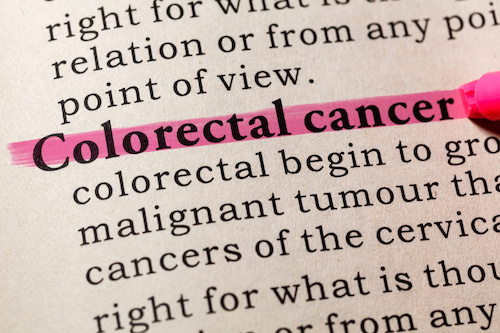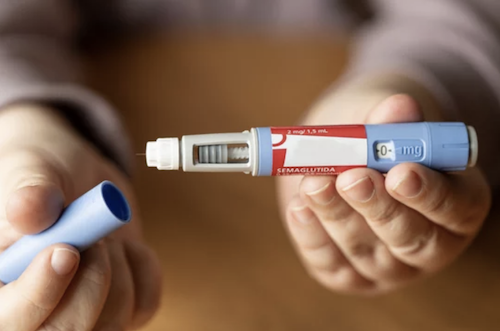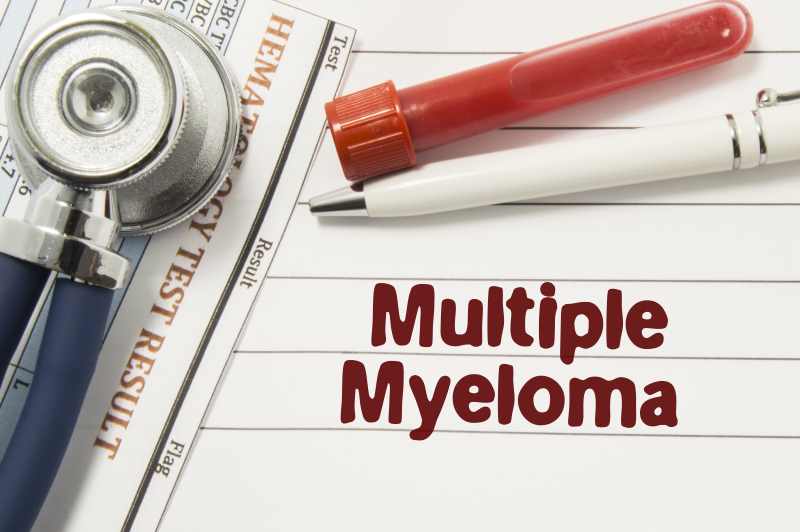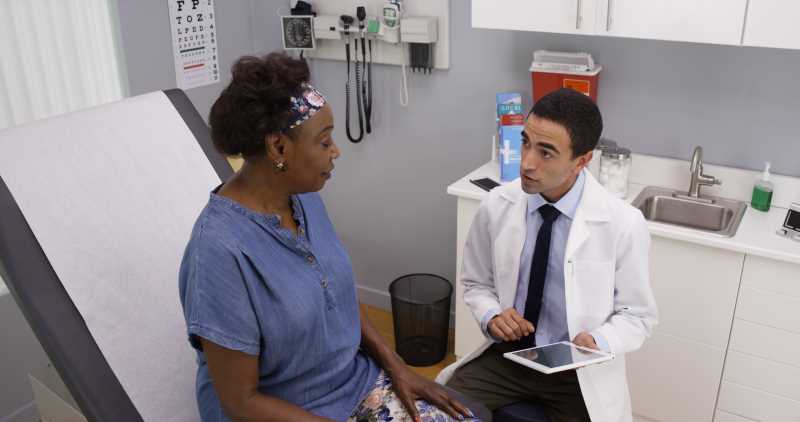
Cancer
Advertisement
High-income patients who paid high access costs were significantly more likely to receive treatment at academic centers
The 10% sustained quit rate represents a substantial improvement over the typical rate of return to smoking.
Patients with colorectal cancer and a history of cannabis use disorder had a more than 20 times higher risk of mortality.
The mortality rate for men with multiple myeloma and renal failure was nearly twice that of women.
A study investigated how Black women with breast cancer perceive communications with their oncology care team.
18F-Fluciclovine PET/CT detected disease recurrence in more than half of patients with a negative PSMA PET/CT scan.
General Mills quickly followed suit with its own commitment to remove certified colors from all US cereals and school foods.
Black adults had the highest age-adjusted colorectal cancer mortality rates between 2018-2023.
Asian Indian and Pakistani American patients were more likely to receive chemotherapy than non-Hispanic White patients.
A study compared a novel FAP inhibitor PET tracer vs standard-of-care imaging for metastatic colorectal cancer.
The study revealed significant risk increases with higher alcohol consumption levels. Compared to minimal drinkers
Case reports suggest that GLP-1 receptor agonists may impact FDG PET scan image quality.
Thirty percent of myeloma lytic bone lesions are not detected via FGD PET, demonstrating the need for improved visualization.
REASSURE assessed the long-term safety of radium-223, an alpha-emitting calcium mimetic that targets bone metastases.
Childhood cancer survivors had a 2.6-fold higher risk of mortality after breast cancer recurrence.
Patients in the Northeast showed the highest age-adjusted cardiovascular mortality rate.
Black patients had the lower distant-stage 5-year overall survival compared with White and Asian patients.
Definitive evidence that structured exercise programs substantially improve survival outcomes for colon cancer patients
Differences in the use of targeted therapies between Black and White patients decreased between 2010-2011 and 2018-2019.
Dr. Erin Dickman discusses oncology nurses' pivotal role in patient breast cancer survivorship and lymphedema management.





















 © 2025 Mashup Media, LLC, a Formedics Property. All Rights Reserved.
© 2025 Mashup Media, LLC, a Formedics Property. All Rights Reserved.